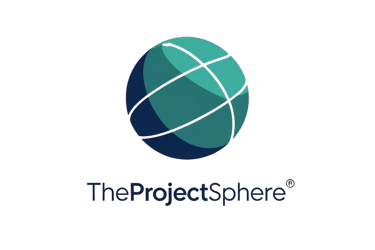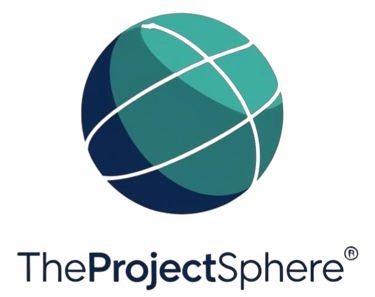Understanding Project Management Methodologies
Project management methodologies provide structured approaches to planning, executing, and delivering projects. They define how teams organize work, make decisions, and measure progress — ensuring alignment, quality, and accountability across all stages of the project lifecycle.
Choosing the right methodology depends on your project type, complexity, and environment. Below is an overview of the most widely used methodologies in modern project management.
1. Waterfall
A linear and sequential approach, where each project phase (Initiation, Planning, Execution, Monitoring, Closure) must be completed before moving to the next.
Best for: Projects with clearly defined requirements, stable scope, and minimal expected changes.
Typical use: Construction, manufacturing, and regulated industries.
Key strengths: Predictability, documentation, and control.
2. Agile
A flexible, iterative framework emphasizing collaboration, adaptability, and customer feedback. Work is divided into short cycles (sprints), allowing for continuous improvement and value delivery.
Best for: Dynamic environments and projects where requirements evolve.
Typical use: Software development, product design, and innovation-driven projects.
Key strengths: Responsiveness, stakeholder engagement, and faster delivery of results.
3. Scrum
A subset of Agile, focused on time-boxed sprints, defined roles (Scrum Master, Product Owner, Development Team), and regular review ceremonies.
Best for: Teams seeking structure within Agile principles.
Typical use: Software and digital product development.
Key strengths: Transparency, accountability, and iterative progress.
4. Kanban
A visual workflow management method emphasizing continuous delivery without overloading team capacity. Tasks are tracked through stages on a Kanban board to improve flow and identify bottlenecks.
Best for: Continuous operations, maintenance, or support teams.
Typical use: IT services, operations, and process optimization.
Key strengths: Efficiency, visibility, and adaptability.
5. Hybrid Methodologies
A blend of predictive (Waterfall) and adaptive (Agile) approaches, combining upfront planning with flexibility in execution.
Best for: Projects requiring both control and responsiveness.
Typical use: Large-scale transformations, complex product development.
Key strengths: Balanced risk management, adaptability, and stakeholder alignment.
6. Lean Project Management
Originating from Lean manufacturing, it focuses on eliminating waste and maximizing value with minimal resources.
Best for: Process improvement and efficiency-focused projects.
Typical use: Manufacturing, logistics, and operations.
Key strengths: Value focus, efficiency, and continuous improvement.
Choosing the Right Methodology
There is no one-size-fits-all solution. The most effective methodology aligns with:
Project goals and constraints
Team size and expertise
Stakeholder expectations
Level of uncertainty and change
At TheProjectSphere, we advocate for a pragmatic approach — adapting methodologies to the project’s context rather than rigidly following a single model. The key is to ensure structure, transparency, and alignment across all stakeholders.
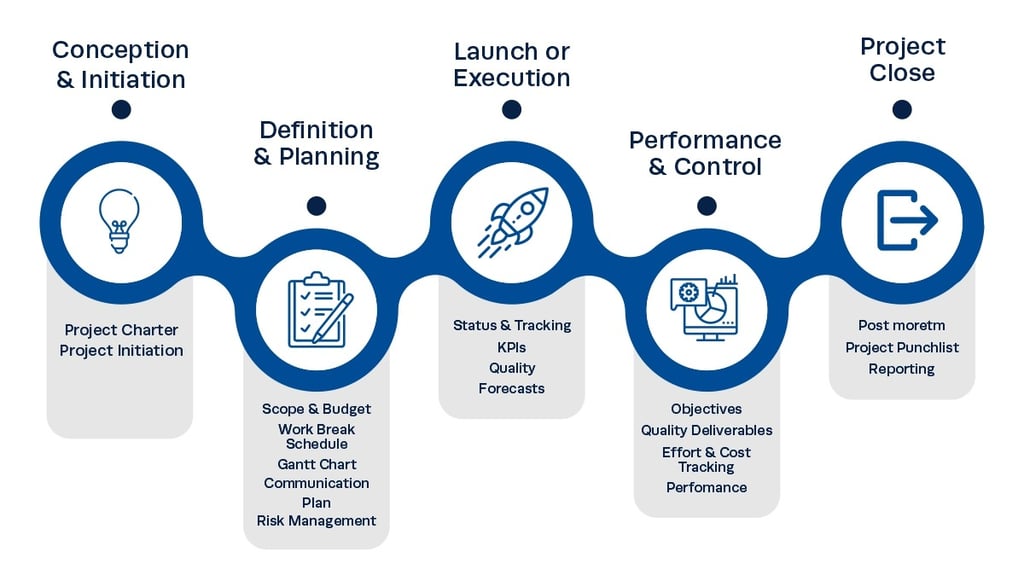

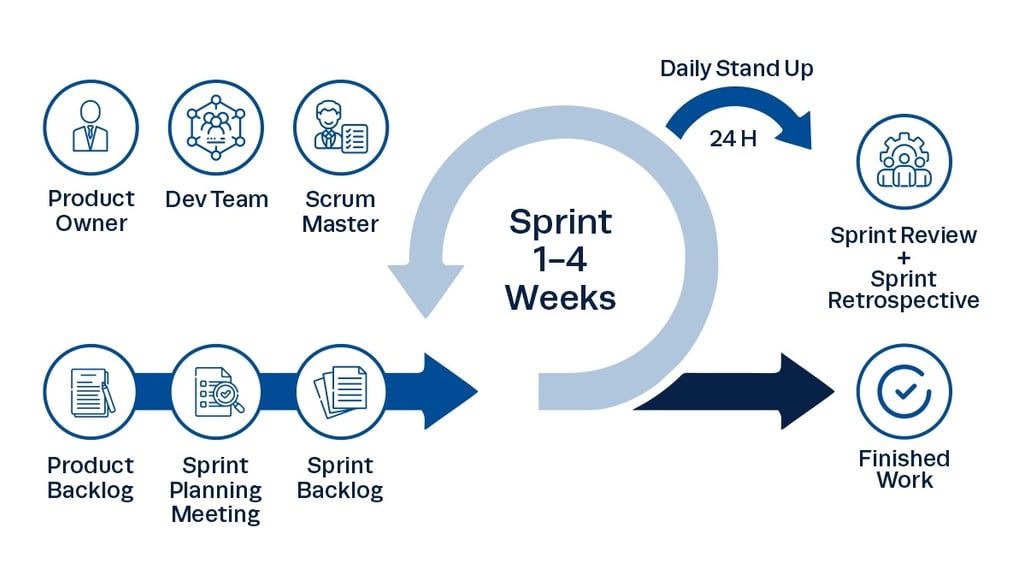

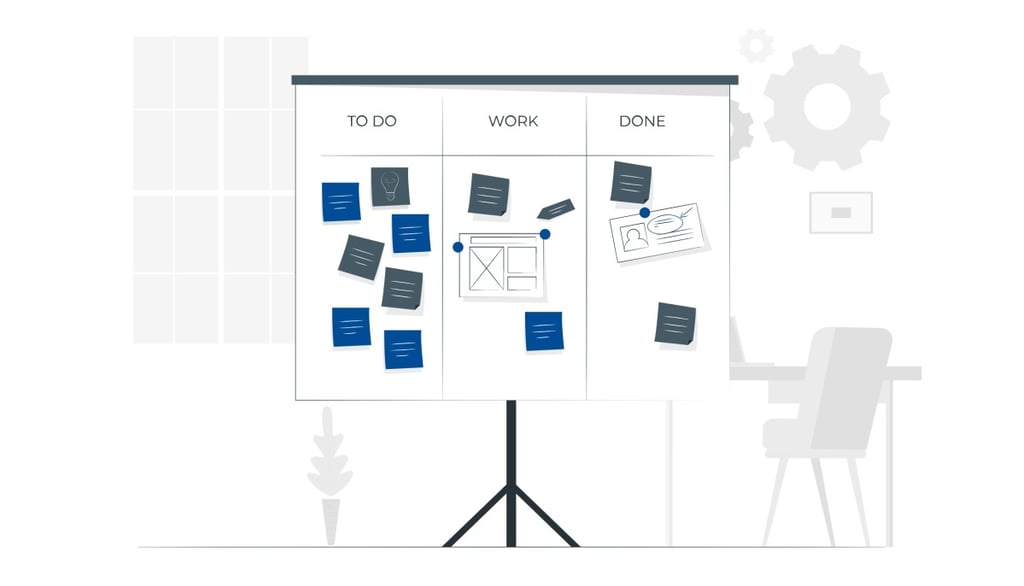

COntact
info@theprojectsphere.com
© 2025. All rights reserved.
